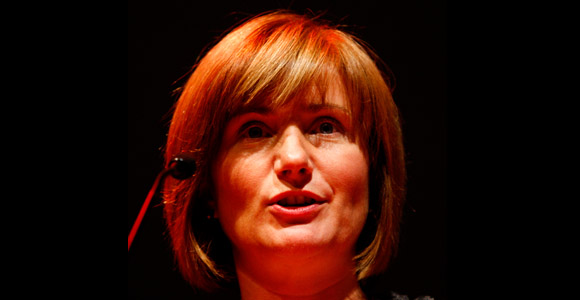The Siren’s Call? – Pippa Collett
November 4, 2011
Sponsorship is big business by anyone’s standards. An estimated $50 billion will be spent globally on sponsorship fees alone in 2011. Add to that the industry standard of at least another dollar on activating sponsorship rights for every dollar spent on fees and you cross the $100 billion mark – a handy sum if you are the European Central Bank.
The majority (around 80%) goes on sports properties, with the rest split across culture, media, entertainment, education and charitable projects. This reflects the global reach of sports and the fact that many sponsors still view these properties as a cheap alternative to advertising.
The exception to this is the Olympic and Paralympic Games. No other sponsorship property commands so great an investment in return for so little. The main difference between the Olympics and other major sporting properties is what is known as its ‘clean venue’ status. This means that, unlike FIFA World Cup or the recent Rugby World Cup, there are no perimeter boards around the field of endeavour promoting sponsor brands. In fact, there is virtually no sponsor recognition at all.
IOC TOP partners spend in excess of $100m per quadrennial (covering one Winter and one Summer Games) for the right to promote their association with the Games globally. Where the IOC have been very smart is that this is effectively all the sponsorship fee covers – the right of association. For brands to gain any returns they have to spend further marketing dollars promoting the relationship and, by association, the Games themselves.
All hospitality is paid for in addition, and that does not come cheap. And if you want to own another part of the action – volunteering, ticketing, torch relay, live sites, sustainability – then further investments will be required.
So why is it that the Olympic and Paralympic Games can play a completely different game to its competitors? Whilst it is tough being on the receiving end of a Games partnership as a sponsor, this does not deter brands from lining up to participate – look at the sponsors already secured for Sochi and Rio.
The answer lies in the concept itself. There are multiple finals across a wide variety of sports. Not only does this attract the broadest possible audience for each sport, but it also creates a halo effect whereby people become aware of and support any number of finalists outside their normal interests. Witness the following for Eddie the Eagle ski jumping for Great Britain at the Winter Games in 1988 or willing Michael Phelps to win a record number of medals in the pool at Beijing. Rather than be divisive like other major sporting events, the Games creates the optimal environment for people from all walks of live to come together in support of countries, teams or individual heroes well beyond the barriers or race, origin or nationality.
In many ways the UK has been in denial these last 6 years since the Games were awarded to London in 2005 and, let’s face it, there has been much else to focus on in recent years. But come 1 January 2012 there will be an unprecedented explosion of Games-related activity from sponsors. I hope everyone will answer the call and make London 2012 “the best Games ever.”
Pippa Collett: Since gaining and MBA from Cranfield, Pippa Collett has become a leading sponsorship practitioner with an extensive client-side career at Shell, American Express and Rank Organisation. Her global sponsorship experience covers the full spectrum from Ferrari in Formula One and the Olympics to cultural projects including The Olivier Awards and The Unilever Series. She joined Sponsorship Consulting in 2006 to work with blue-chip clients such as Siemens, Standard Chartered Bank and Cisco.
As Vice-Chair of The European Sponsorship Association, Pippa has led on key aspects of the developing sponsorship agenda including authorship of ESA’s Sponsorship Assessment & Evaluation Guidelines and introducing the concept of Continuing Professional Development.
{jcomments on}


